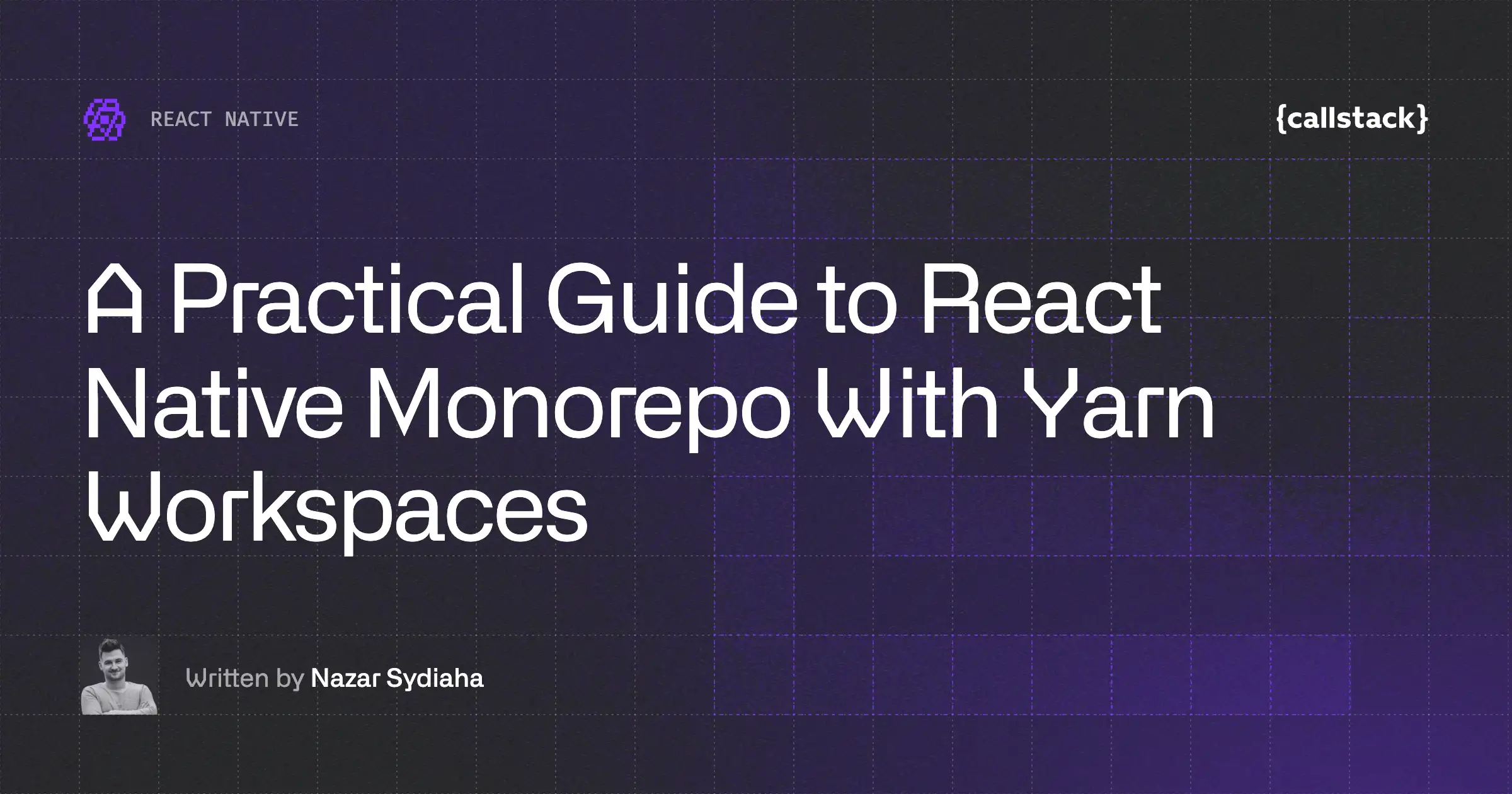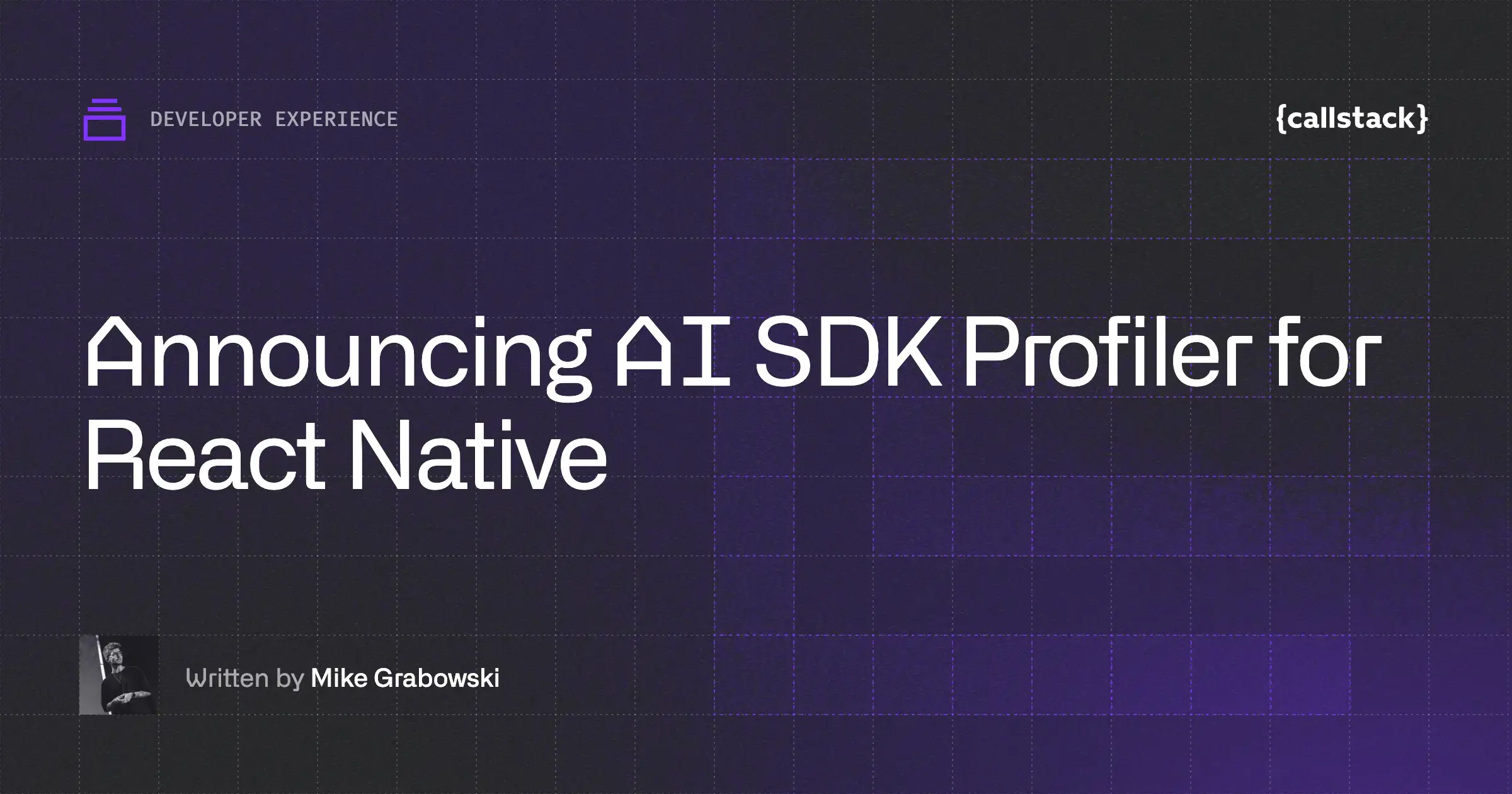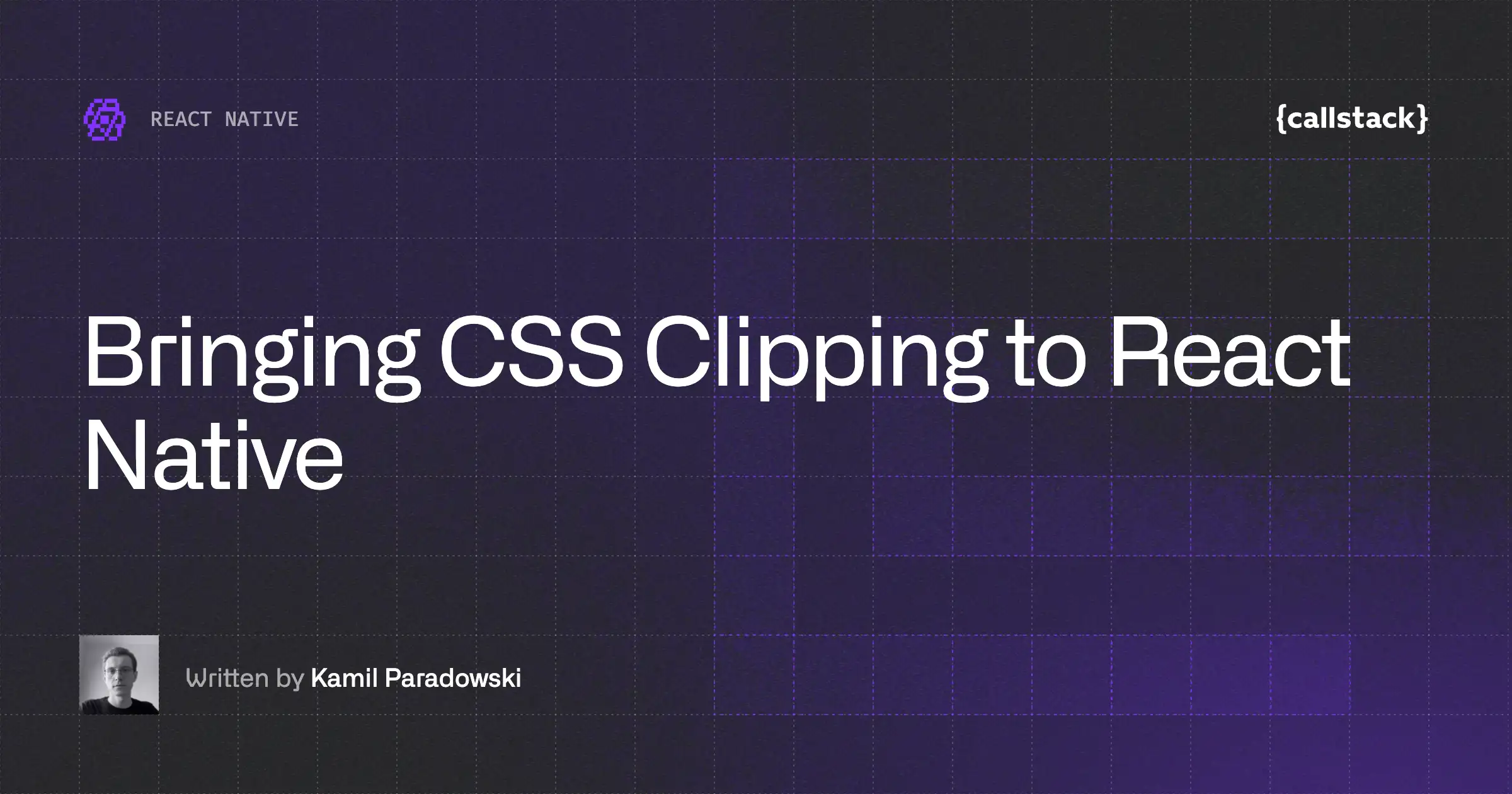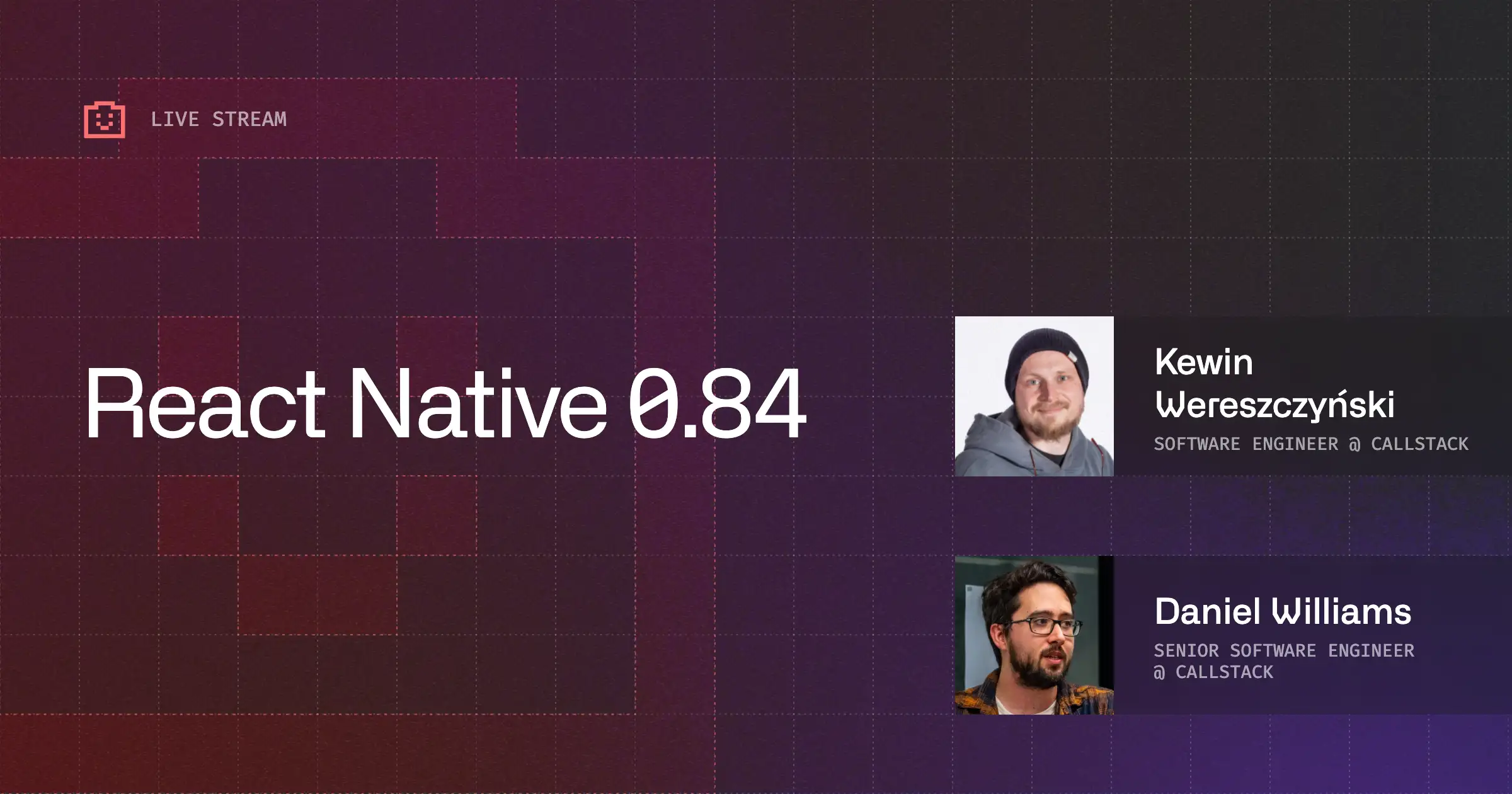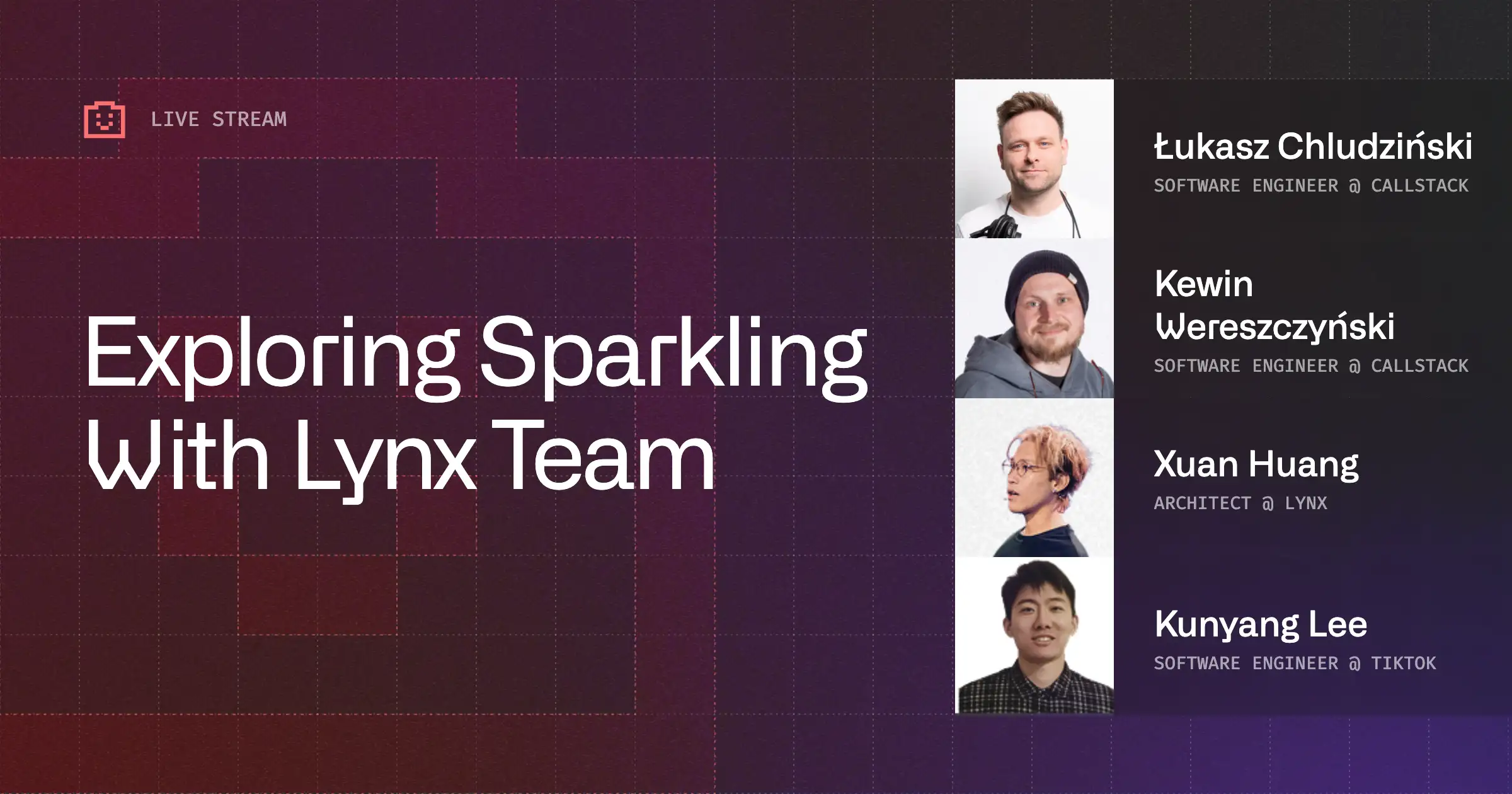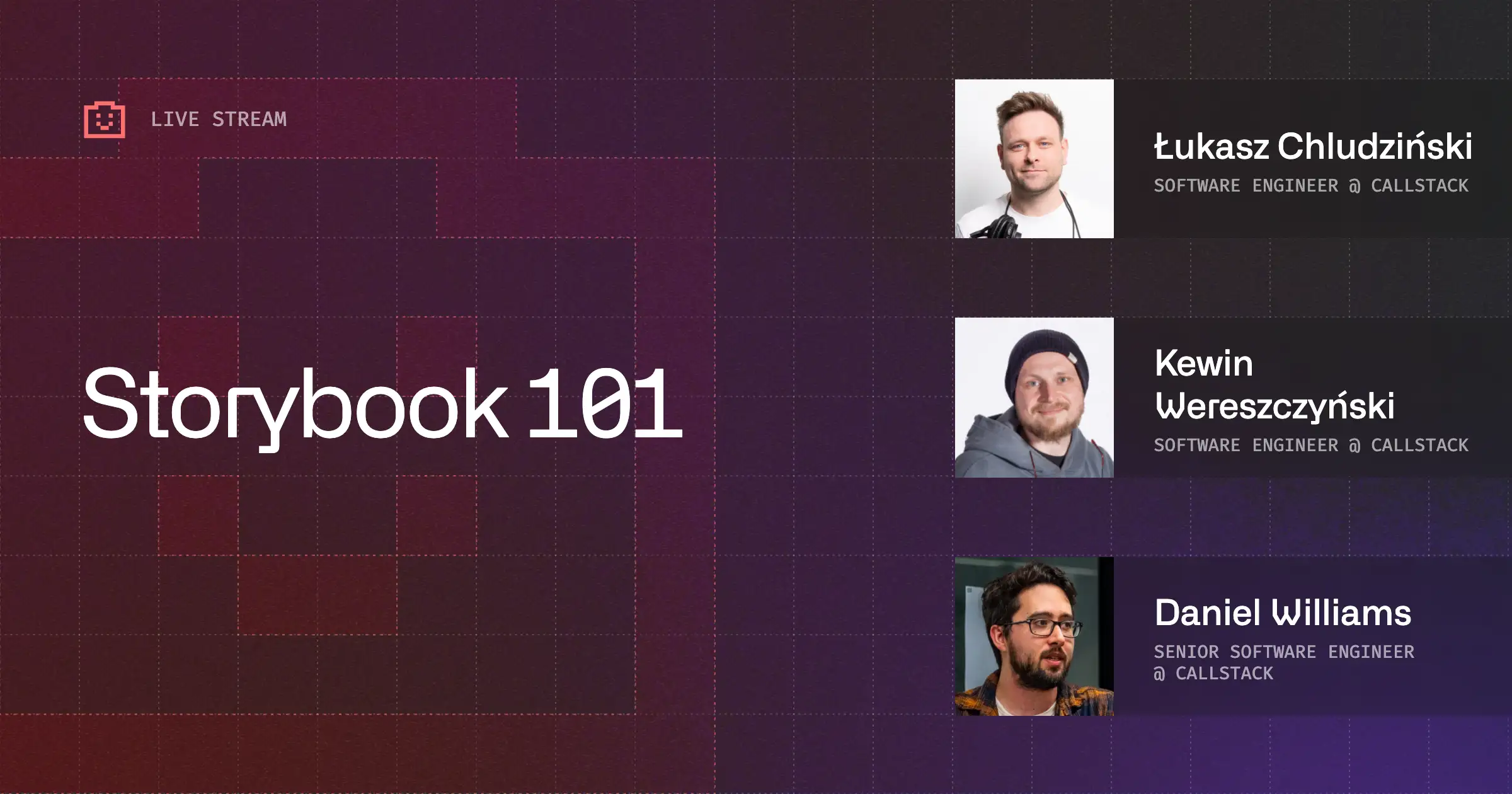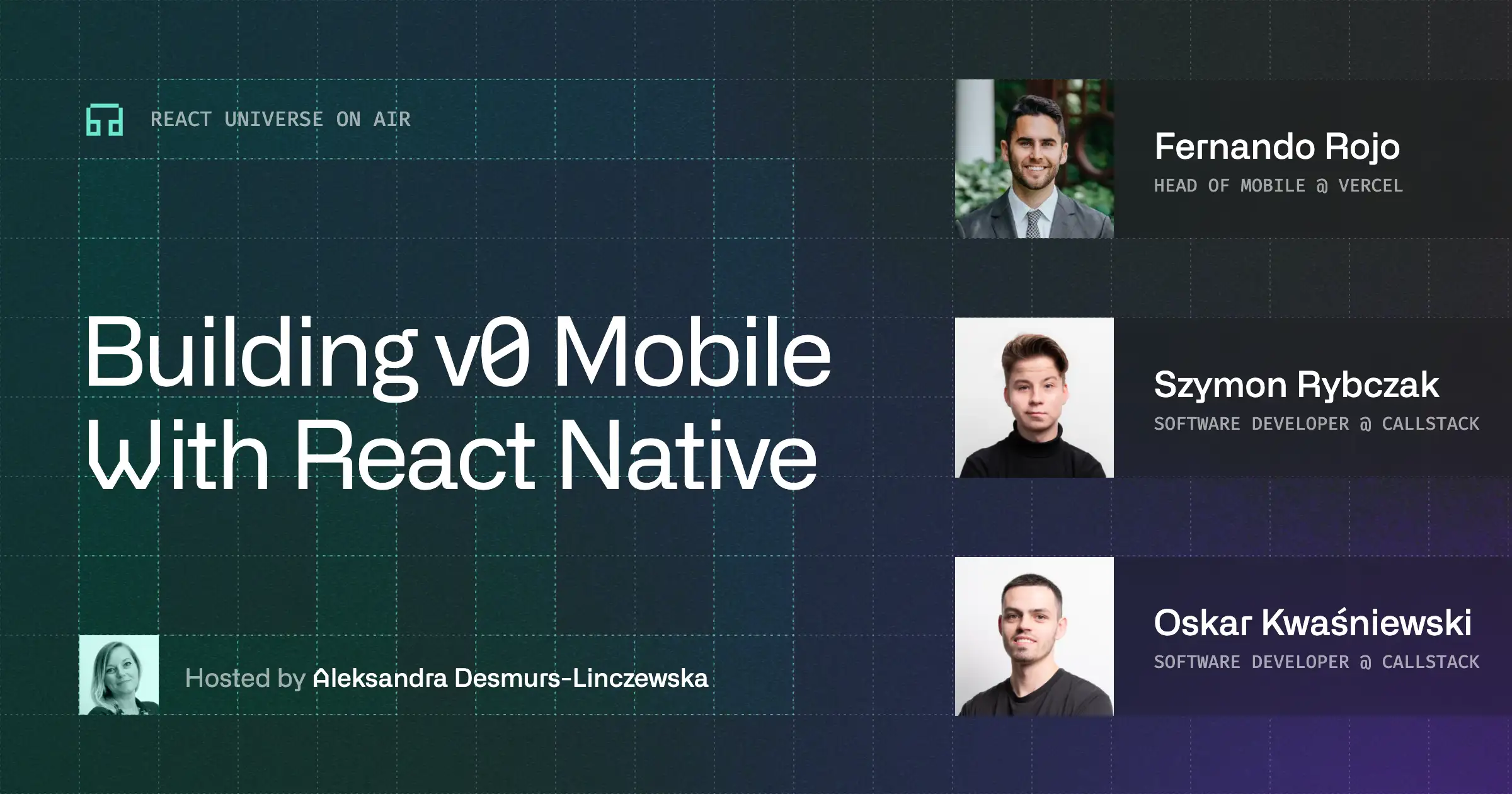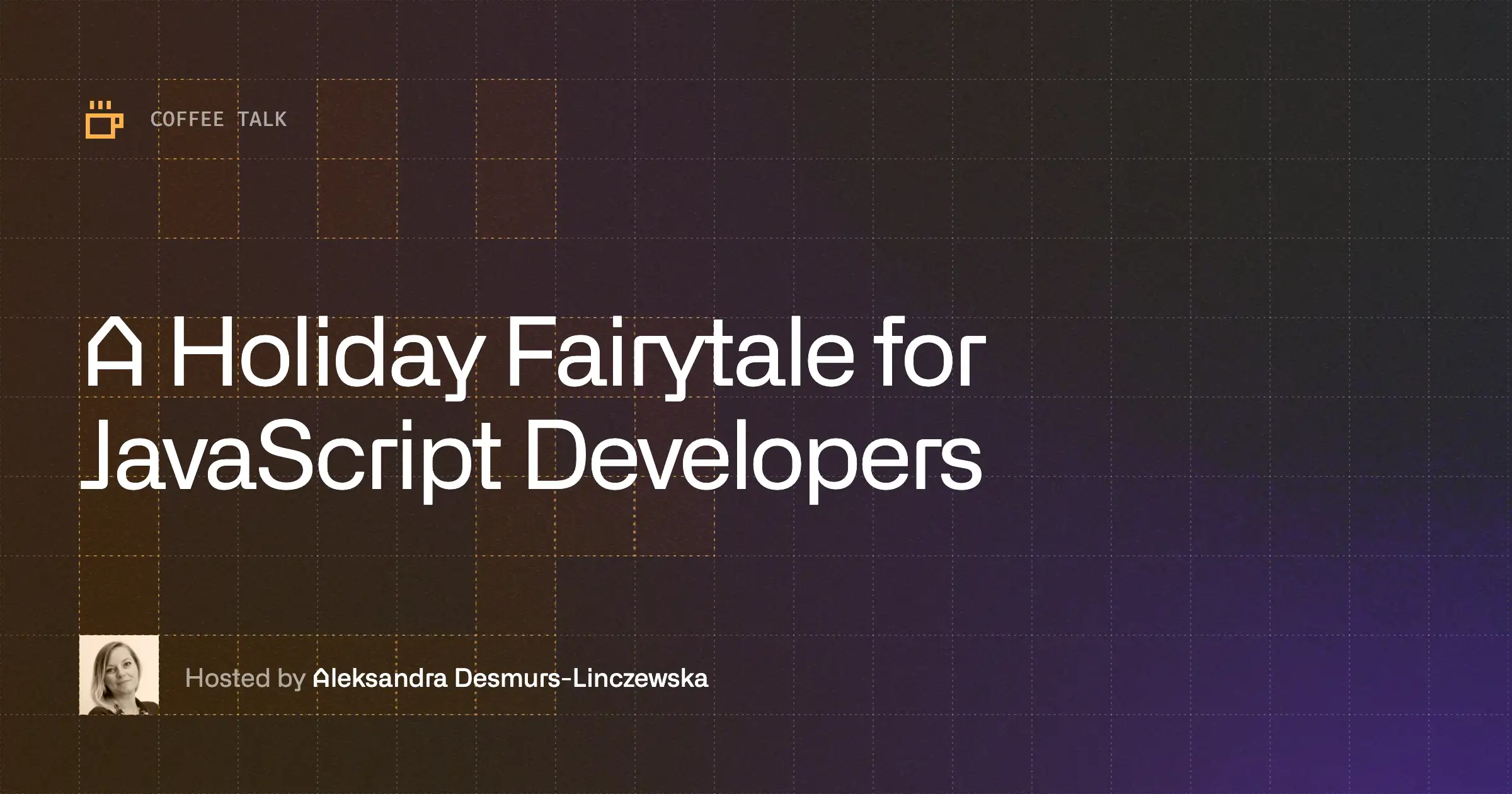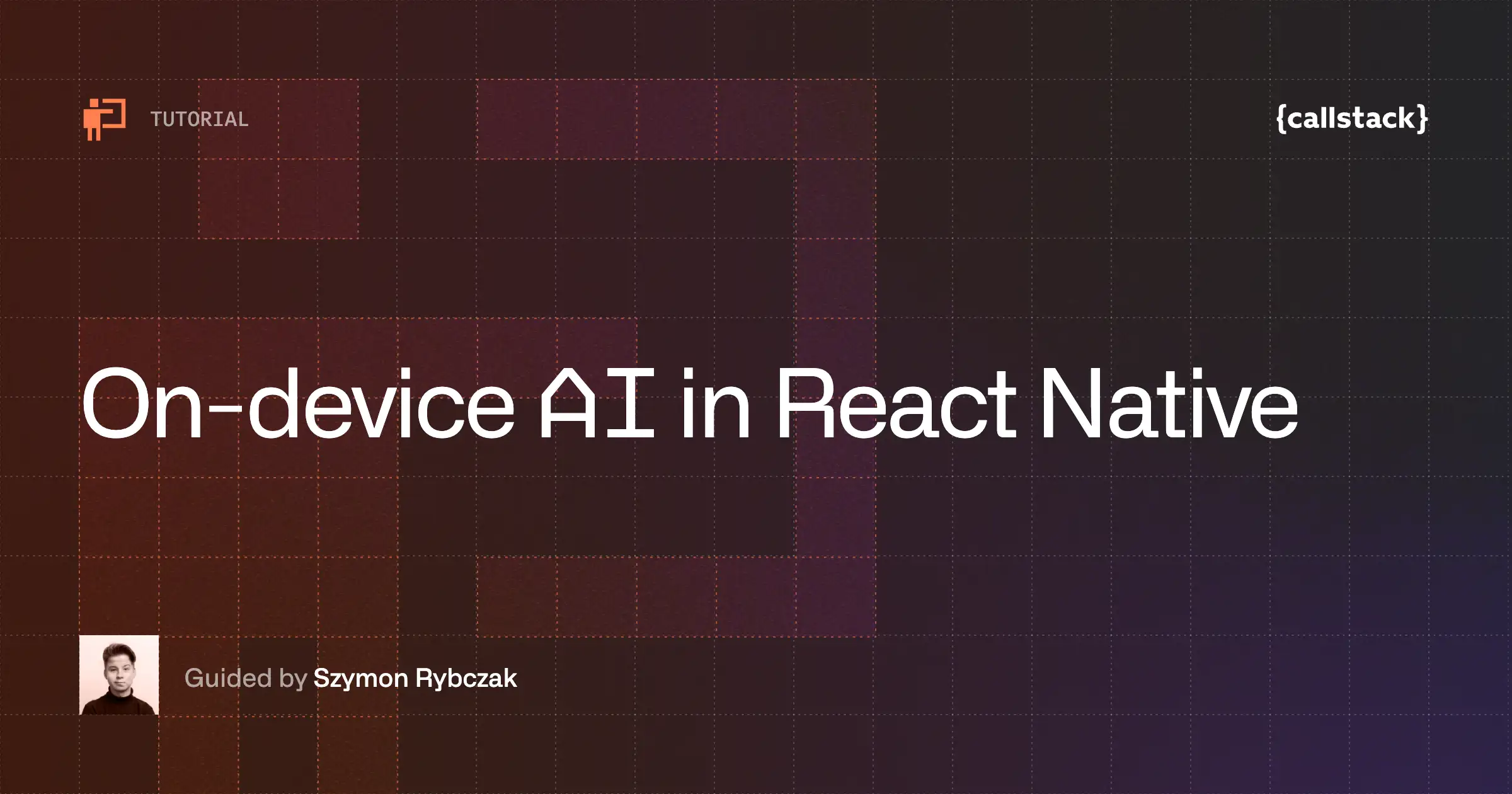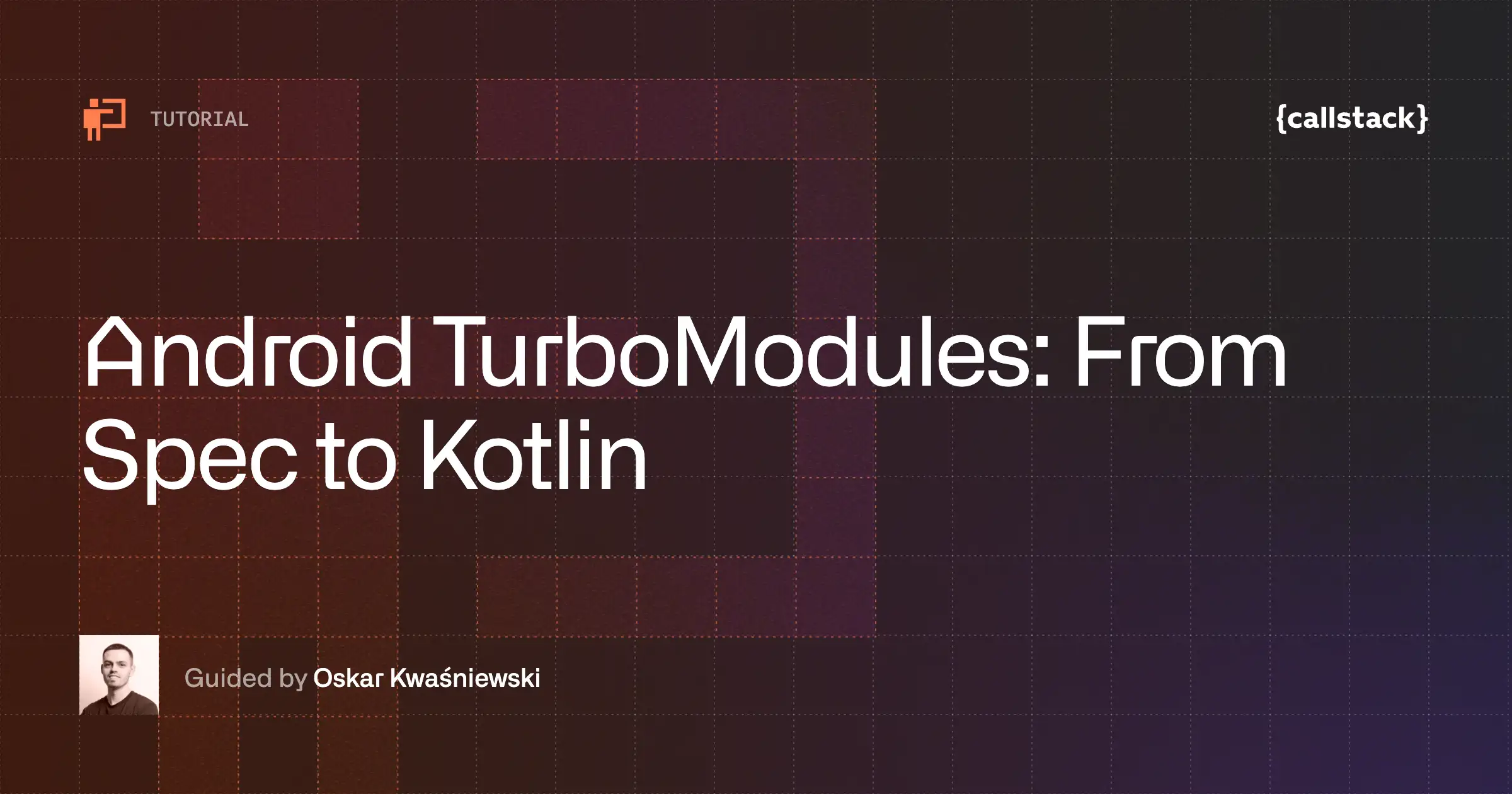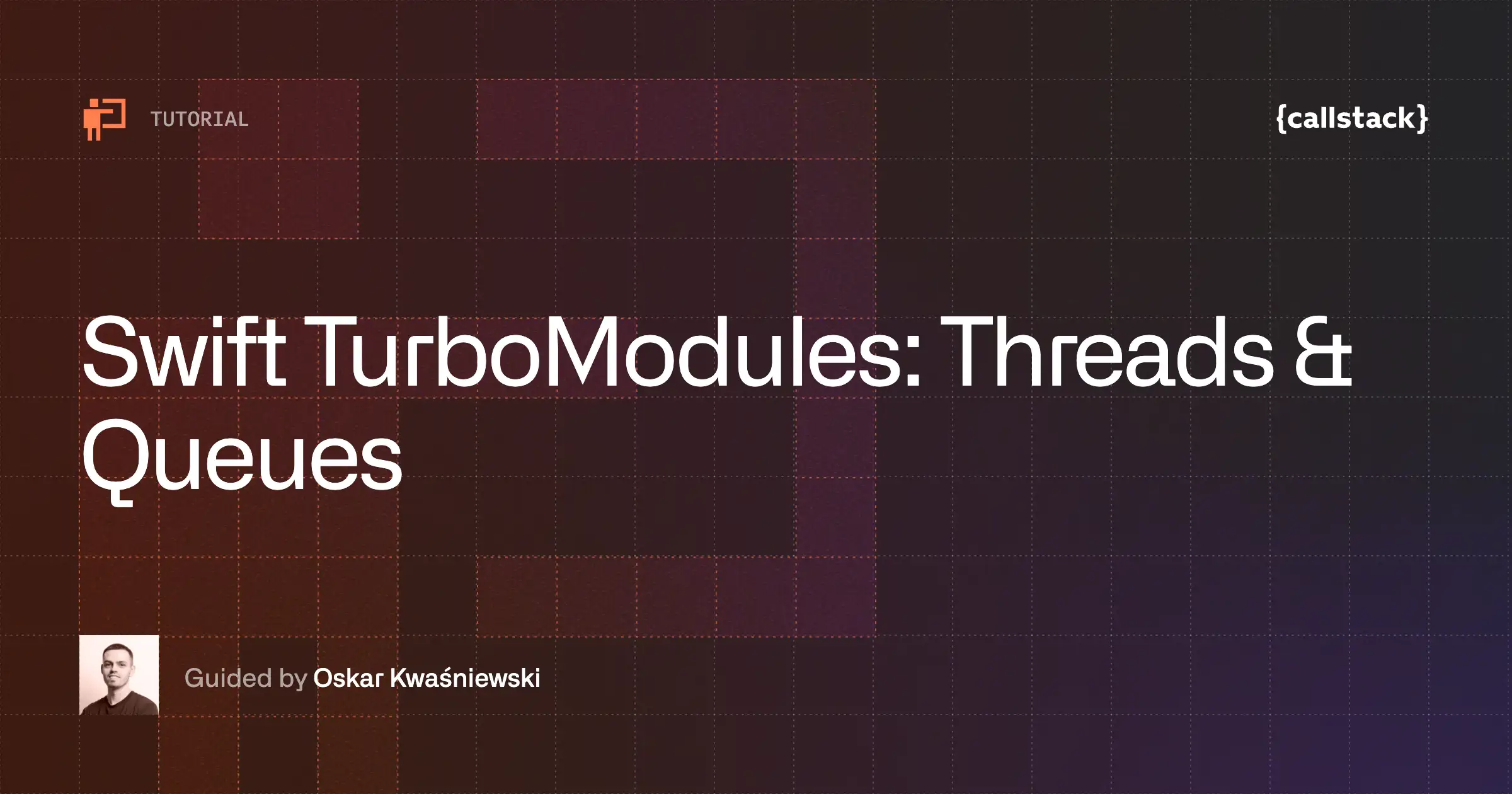Hey,
It’s Michał, freshly back from a 2-week vacation, coming to you with the October edition of our monthly newsletter. This time, we have game engines coming to React Native, more CSS support, new RFCs, new Incubator team members, and some announcements. Let’s go!
Community highlights
- Solito 5: The library, bridging React Native and Next.js navigation, simplifies its web support by removing the dependency on
react-native-web. Its components now re-export native Next.js elements with full DOM prop support. This release adds headless web components, compatibility with Next.js 16 and Expo SDK 54, improved monorepo examples, and fixes, such as proper mobileuseSearchParamshandling - Why Did My React Native App Stop Working After Migrating to the New Architecture?: If you’re still migrating to new architecture (I hope you all are already on it!), SWM team prepared a handy guide on common issues you may encounter with bridgeless mode, Reanimated 3, custom layout in native components and more.
- React Native Godot: A new library from Born brought the Godot game engine to React Native. This means you can use highly complex and performant animations and games right within your Android or iOS app. If you follow Jamon Holmgren on X, you know he builds a helicopter game with Godot; it’s pretty cool and could now work on mobile as well.
- Uniwind is now open-source: Announced on the React Universe stage by Jacek Pudysz, Uniwind is now open and available for everyone to use. It offers 2.5x faster runtime compared to NativeWind. If you’re into Tailwind, go check it out.
- More CSS properties landing in React Native: Nishan Bende from Expo is actively working on bridging the CSS gap between React Native and web, implementing: grayscale, drop-shadow, and saturate filter, contrast and hue rotate filter, background size, position, and repeat, which have all been merged recently. Kamil Paradowski from our team has recently joined these efforts and is working on
clip-pathsupport for both Android and iOS; PRs coming soon. - RFC: standardize brownfield API for Android: Hur Ali from Callstack dropped an RFC to add new APIs for React Native on Android:
DefaultReactDelegate,DefaultReactFragmentalso improving back button integration, that would serve as entry points for native Android apps adopting React Native incrementally. We highly encourage you to give it a look and leave comments.
Callstack Incubator highlights
Swift for Android
Mike is experimenting with the newly released Swift capability: Android support. Turns out, you can write your Turbo Modules (not to be confused with Native Components) once in Swift and have them run on both iOS and Android platforms. Great to see Apple extend its “cross-platform” definition beyond its own ecosystem. This unlocks new ways of writing modules, and potentially reduces the maintenance area for native modules in React Native.
React Navigation
Let’s give a warm welcome to Satya, who is joining our Incubator team. Currently, he focuses on React Navigation, so you can expect increased activity from this project, introducing new ways to navigate to authenticated screens, bottom tabs, improved type safety for useNavigation and useRoute hooks, and more. Stay tuned for a new major release in the upcoming months.
Voltra
Szymon recently worked on a cool experiment: using a custom React renderer to bridge JSX to SwiftUI (through JSON) to unlock the development of iOS Widgets and Live Activities. It turned out that Saúl Sharma built something very similar a month earlier and announced it as Voltra.
We’re pleased to announce that these two have joined forces and are now working together on Voltra, planning to release it to the public in the upcoming weeks. Can’t wait!
React Native on Meta Quest
Jan joined our team briefly to explore what’s possible for React Native on HorizonOS that powers Meta Quest devices. Turns out, a lot is possible! If you have a React Native/Expo Android app already, chances are you can quickly port it to Quest with minimal changes.
Since you have access to the native platform, you can extend it with some VR-related features to make it more compelling for the headset users.
If you’re interested in spatial computing on Quest, follow Jan on X or LinkedIn and join the competition. The best apps can win $25,000, with a total of $1.5 M in prizes, so it’s worth a shot. Not to mention, you can monetize your app with in-app payments as well.
React Native Harness
The testing library for native modules in React Native is finally here, and it’s called Harness. You can test real native behavior with JavaScript, using Jest-like syntax (powered by Vitest helpers), and run them on an emulator or a real device. No mocking required, but it’s possible when needed.
In the latest releases, Harness integrates with Jest even further, utilizing its custom runners and projects functionality, making it easier to set up and reuse Jest features you love, such as watch mode or test filtering, without us having to reimplement them. Thank you, Jest, for being modular and awesome.
RFC: ArrayBuffer support in TurboModules
Kamil Paradowski is working on improving TurboModules with a new built-in type: ArrayBuffer. He created an RFC, which we highly encourage you to comment on and see what trade-offs need to be made to bridge single-threaded JavaScript with multi-threaded C++ through JSI.
Having it natively in the TurboModules spec will allow for dramatically faster buffer processing, required by streaming or chat apps. We hope it will be merged soon.
Content
Blog
- Exploring Lynx JS: From Quick Start to CLI Workflows by Łukasz Chludziński: Lynx JS is ByteDance’s new cross-platform runtime that brings JavaScript closer to native performance. In this guide, we walk through the Lynx ecosystem, how to get started quickly, and how the community-built CLI enables greenfield native projects. Ideal for React Native developers curious about the next wave of cross-platform tooling.
- What You Can Build With React Native on Meta Quest by Jan Jaworski: This article offers inspiration for Meta's $1.5M Developer Competition by outlining what you can build with React Native on Quest. It details app possibilities like meditation, interactive games, and MR experiences, encouraging developers to use VR-specific features.
- Using Expo Libraries on Horizon OS: A Guide to Compatibility by Jan Jaworski: This article serves as a compatibility guide for developers using Expo with React Native on Meta's Horizon OS. It explains why Horizon OS, a custom Android build lacking Google Play Services, creates compatibility differences. The post details which core Expo libraries work, which require configuration via the
expo-horizon-coreplugin, and which need specific forks (likeexpo-horizon-notifications) or updated libraries (likeexpo-iap) to function, enabling developers to build for VR with familiar tools. - Getting Started With Expo on Meta Quest by Jan Jaworski: This article guides developers on using React Native and Expo to build applications for Meta Horizon OS. It starts with a simple setup using Expo Go, allowing developers to run and live-reload apps on a Meta Quest device in minutes. The guide also details important platform differences, such as permissions and responsive design, and explains how to transition to a full development build to unlock the entire React Native ecosystem.
- Introducing React Native Harness: Fast, Real-Device Testing for Native Modules by Szymon Chmal: We’re introducing React Native Harness, a new way to test native modules directly on real devices and emulators. It brings together the speed and simplicity of Jest with the realism of on-device execution, giving developers a powerful, CI-ready tool to validate native behavior with ease. Harness makes it simple to ensure your native code works exactly as intended across every platform.
- From Files to Buffers: Building Real-Time Audio Pipelines in React Native by Mike Grabowski: Most audio APIs are designed around files. You generate sound, save it, then read it back for playback or processing. While simple, this workflow breaks down when you need low latency or real-time interaction. In this article, we’ll explore how to work with raw PCM data entirely in memory, construct valid WAV buffers on the fly, and transfer them efficiently to JavaScript using JSI. The result is a flexible foundation for building real-time audio features directly in React Native.
Podcast, videos, and talks
- React Universe On Air React Native at Scale With NFL: Discover how the NFL uses React Native, Expo, and a monorepo to ship apps across iOS, Android, web, and TV with one stack.
- React Universe Studio 2025 Interviews: Between the React Universe Conf 2025 talks, we took you inside the studio for behind-the-scenes interviews and discussions, which you can now watch on YouTube.
Webinars and live streams
- Hermes V1: What It Is, What It Isn’t, and What’s Next recording
- Reanimated, TanStack, Cross-Pollinating Languages & TWIR #256 Anniversary recording and summary thread
- Exploring Lynx JS: From Quick Start to CLI Workflow recording
- Building Real-Time Live Activities in Expo recording and summary thread
- React Native Harness, Next.js 16 Beta & Remix v3 recording and summary thread
Upcoming events
React Native London
On November 14, I’ll be at React Native London to talk about testing native modules reliably with JavaScript using React Native Harness: a tool that bridges the gap between mocks and full E2E tests. It lets you run real device tests with full native access and Jest-like simplicity. My colleague Jakub Stadniczuk will be there too, so come chat with us about testing, open source, or what we’re building at Callstack.
Vega Developer Meetup
Later, I’m heading to Munich on November 17 for the Vega Developer Meetup, hosted by Amazon. I’ll lead a hands-on workshop on integrating React Native into Android TV apps, alongside talks from Artur Morys-Magiera, Eric Fahsl, and the Vega team. Expect in-depth discussions on brownfield integration, performance tracing, and ample time for networking.
React Advanced London
We’ll wrap up November in London at React Advanced on November 28. Szymon Chmal will show how he built a plugin framework for React Native DevTools (no forks needed), while Szymon Rybczak will reveal how to run LLMs fully on-device with react-native-ai.
That’s it for the October edition. Let's catch up online or in real life!
Subscribe to our newsletter to get insights for developers, tech leads, and enthusiasts into what’s happening and what we’re building.
Your next read or watch starts here
Stay up to date with our latest insights on React, React Native, and cross-platform development from the people who build the technology and scale with it daily.

